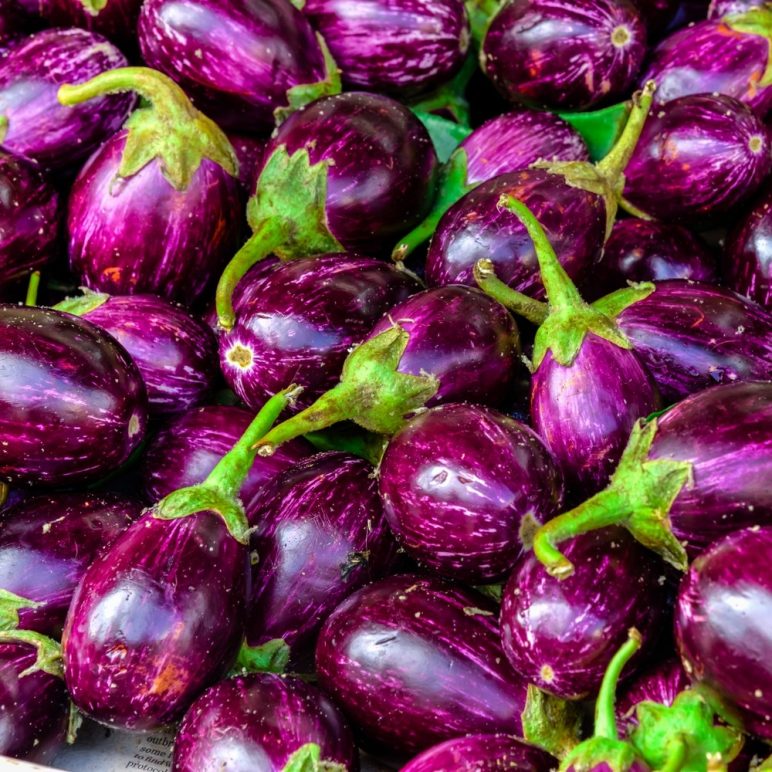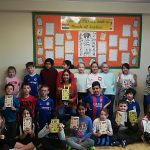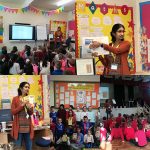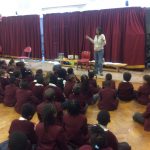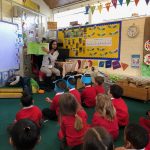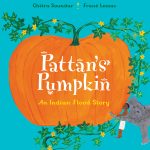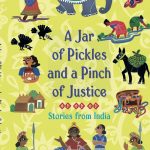Books are springboards into conversations about life. Especially for children. Whether it is about going to a new school or having a sibling, books help children put themselves in the characters’ shoes and evaluate their own feelings.
Therefore it’s no doubt that empathy can be built with stories. Understanding another person’s viewpoint, albeit a fictional character, builds those empathy muscles in children’s minds.
Today is celebrated as National Empathy Day in the UK where we bring books that build empathy into the focus of every reader – young or old.
As a reader first and then a writer, most of my emotional skills were developed through reading. My aspirations for the future came from stories I listened to and read. Books opened up subjects like history, politics to me without becoming an academic class. Today I see that in the children I visit with my books. They recognise themselves often in the characters of my books, even though many of my stories are set in a faraway continent.

So I’ve put together a list of books that you can read on Empathy Day from my portfolio that will help create the space for difficult conversations, understanding a different point of view and even taking action to help someone else.
Each book is different – some characters are human and others are animals. And yet, in each story, we learn something about our own emotions and of others. We also see how each character acted to demonstrate their empathy.
In Sona Sharma - Very Best Big Sister, Sona needs to love her little sister despite her anxiety of not being loved anymore. She takes action to become the Very Best Big Sister she aims to be.
In Tiger Troubles, the Sloth Bear must accept his mistakes to avoid getting his friends into trouble. Every child I've read this book to, understands why the Sloth Bear must be brave enough to confess despite being terrified.
In the Prince Veera Series of books, each case that comes before Prince Veera and his friend Suku requires understanding two sides of the problem. It requires not just clever thinking but compassionate evaluation of the people involved, and what's at stake.
In the Manju series of books, you will see Manju understand why shortcuts don't actually lead to satisfactory conclusions. In the first book, she is wishing for someone else and in the second book, she realises that helping someone else's wish come true and understanding the plight of the genie, is far better than focussing on her own problem. Of course, the universe rewards her too.
Check out the other books in the Read for Empathy list too!

